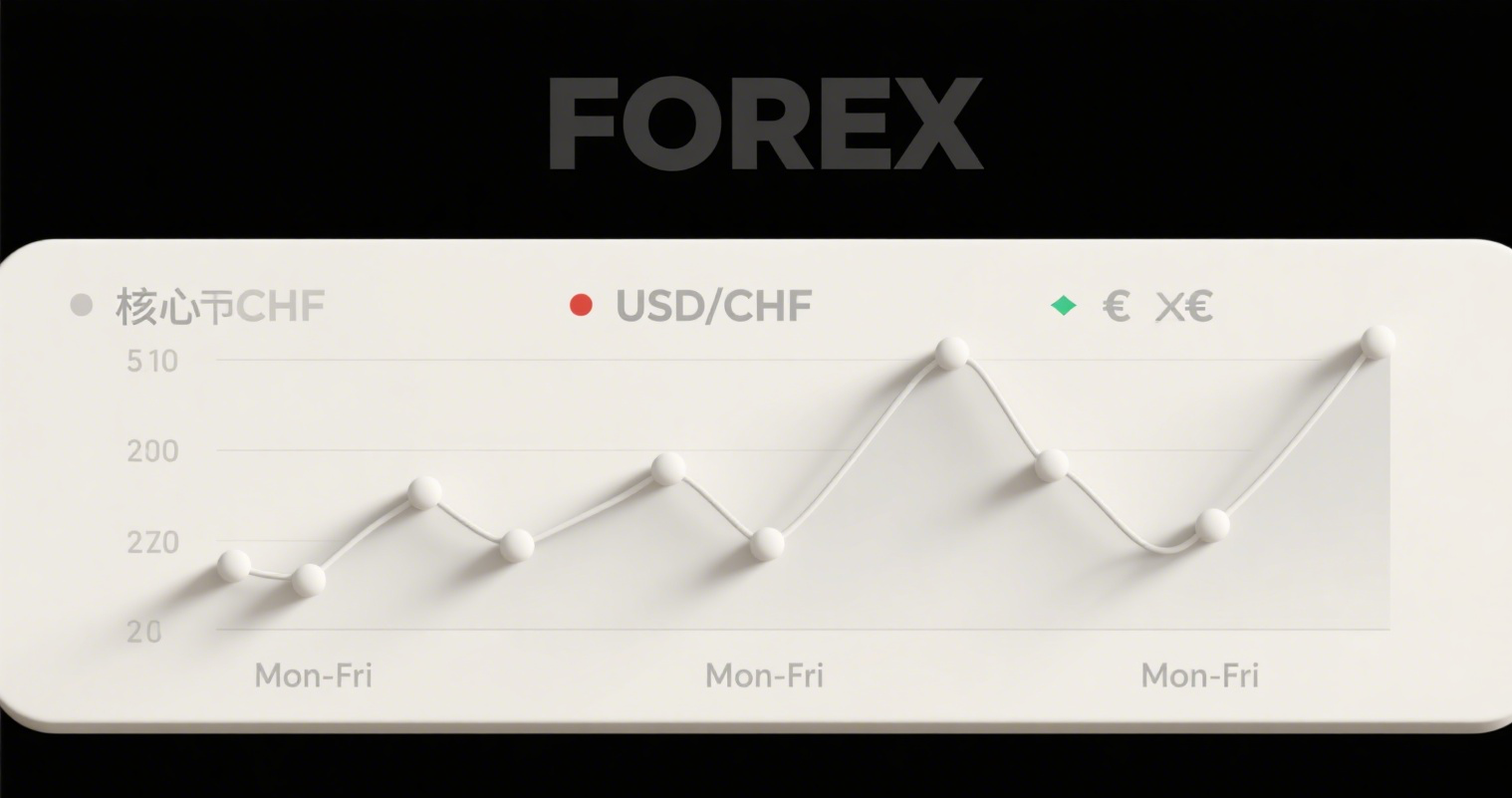
Profit-Taking and Strong Yen Send Nikkei Tumbling 1.45% on Thursday, Marking Largest Single-Day Drop in Over Four Months
After six consecutive days of gains with major indices repeatedly hitting record highs, Japan's stock market saw profit-taking pressure on Thursday. The Nikkei 225 and Topix indices fell 1.45% and 1.1%, respectively, by midday. The Nikkei 225's 1.45% drop marked its steepest single-day decline in over four months. The yen's three-day rally, breaking past the 147-per-dollar level, weighed on export-oriented stocks, while comments from U.S. Treasury Secretary Scott Bessent—who bluntly stated that the Bank of Japan (BOJ) was "behind the curve" and might be forced to raise rates by year-end—further triggered market adjustments. At the close, the Nikkei 225 plunged 625.41 points, or 1.45%, to 42,649.26, its worst single-day performance since April 11's 2.96% drop. The previous day, it had closed at a record high of 43,274.67. The Topix index fell 33.96 points, or 1.10%, to 3,057.95, its weakest close since August 4, after also setting a fresh record of 3,091.91 the day before.
Among constituents, game developer Nexon bucked the trend, surging 6.74% to lead the Nikkei, buoyed by strong global downloads and in-app purchase performance of its new mobile game Dungeon & Fighter, prompting foreign investors to raise target prices and upgrade full-year profit forecasts. In contrast, Socionext plummeted 8.39%, ranking as the worst performer, after its latest earnings report showed Q2 revenue and operating profit both missing expectations, with management cutting full-year guidance—sparking a sell-off in tech growth stocks.
SoftBank Group extended its six-day rally (gaining 3,290 yen or 2.84%) with another 4.40% rise to a record closing high of 15,525 yen, making it the Nikkei 225's second-biggest winner.
In an exclusive interview, Bessent asserted that the BOJ was "behind the curve" in tackling inflation and revealed he had held in-depth discussions with Governor Kazuo Ueda on the issue. He predicted the BOJ would be forced to hike rates by year-end while urging the Fed to cut policy rates by at least 1.5 percentage points, hinting at a possible 50-basis-point cut in September.
Bessent's remarks were seen as direct pressure on Japan's monetary policy. Notably, while the BOJ kept rates unchanged in July, it raised its 2025 inflation forecast, with meeting minutes suggesting it might exit its wait-and-see stance by year-end. Some members noted the timing of rate hikes would depend on the impact of U.S. tariffs, requiring 2–3 months for assessment. Consequently, Japanese bond yields rose in early trading, with markets betting more heavily on BOJ policy tightening.
















